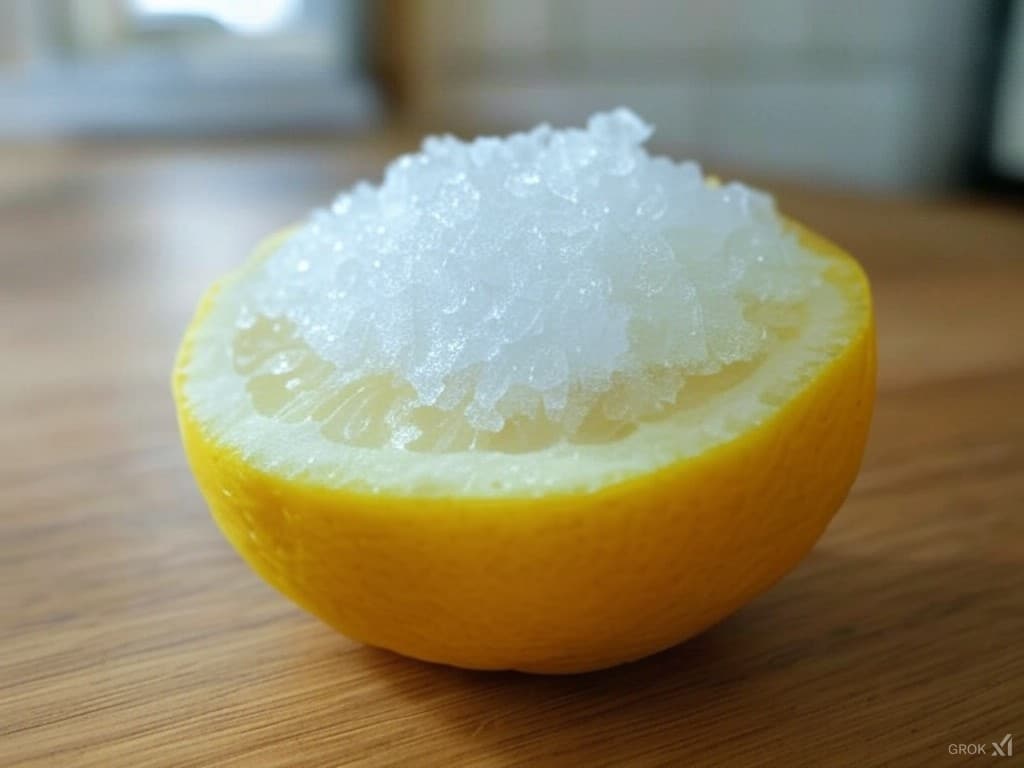Table of Contents
Citric acid is commonly used in kitchens and industries alike due to its presence and tanginess, which adds flavor to dishes and products beyond cooking purposes. Its diverse applications can help people recognize its value and advantages.
The Basics of Citric Acid
Citric acid is primarily sourced from fruits. It is classified as a mild organic acid with abundant presence in lemons, limes, and oranges. However, in most settings, it is typically produced through fermentation with fungi, making it widely accessible for a range of applications. Its crystalline structure enables dissolution, making it effortlessly blend into solutions.
Culinary Uses
Citric acid is quite essential in the kitchen as it serves as a preservative that helps to prolong the freshness of food. It prevents unwanted growth and enhances flavors with its tangy taste. It happens to be a favorite among chefs for its role in canning which helps retain the vibrant hues of fruits and vegetables.
This acidic component is also used for preservation purposes and plays a role in the baking process. When combined with baking soda, it triggers a reaction that releases carbon dioxide gas, creating an airy texture in treats. Moreover, it helps to enhance the sweetness of desserts and brings out flavors through its balancing effect. Its wide range of uses makes it an essential element in the world of arts.
Cleaning Applications
Citric acid is effective in cleaning solutions because it acts as a chelating agent that binds to metals and effectively eliminates limescale and mineral deposits from surfaces in the home. It is also a vital ingredient in household cleaners due to its ability to offer a non-toxic option over harsh chemicals while being safe for use on various surfaces. It can help remove limescale buildup and fight soap residue to give bathrooms a clean look. Rooms can feel freshened up by their antibacterial features that also boost their cleaning power. Eco-minded people frequently choose it for being biodegradable and helping to create a more environmentally friendly world.
Cosmetic and Personal Care
The beauty industry gains a lot from citric acid. It is famous for its exfoliating qualities, which help get rid of skin cells and enhance a look. It is commonly present in skincare items and plays a role in keeping the skin’s pH levels balanced. Citric acid is commonly used in hair care as a conditioner that helps improve the health of your hair by balancing pH levels and making your locks shiny and easy to manage. Due to these properties, it is usually included in shampoos and conditioners.
Industrial and Pharmaceutical Use
Businesses also take advantage of citric acid’s characteristics. In medicine, it helps stabilize components and improve the effectiveness of drugs. Furthermore, it plays a role in creating safe edible tablets by guaranteeing their breakdown and absorption into the body.
In the food industry, it is utilized to regulate acidity levels and ensure that products maintain their desired pH balance. Its significance in crafting beverages emphasizes its role in preserving flavor characteristics.
Environmental Impact
Citric acid’s natural source and ability to break down easily in the environment make it eco-friendly compared to synthetic chemicals that can cause ecological damage if not properly disposed. Responsible consumers who care about sustainability often favor citric acid for its environmentally sound properties.
Moreover, the manufacturing process utilizes natural resources to reduce carbon emissions. By choosing items that include citric acid, people are helping to create an eco-friendly tomorrow.
Health Factors to Take into Account
Although citric acid provides advantages, it’s important to consume it in moderation to prevent dental damage caused by its acidic properties. Rinsing your mouth after consuming items with citric acid content is recommended to protect your teeth and gums. For those with allergies or sensitivities, it’s important to proceed with care. Seeking advice from healthcare experts will help ensure usage and avoid any reactions. By understanding one’s tolerance levels, one can make informed decisions.
Health Considerations
Citric acid possesses a range of uses that make it a valuable substance across all fields, from cooking to industrial sectors. Highlighting its many benefits, this versatile tool promotes better living and eco-friendly practices. By encouraging healthier choices and fostering sustainability, it empowers users to make informed decisions. Its broad applications contribute to a more conscious lifestyle, improving daily experiences while supporting a greener, more responsible approach to the world around us.


